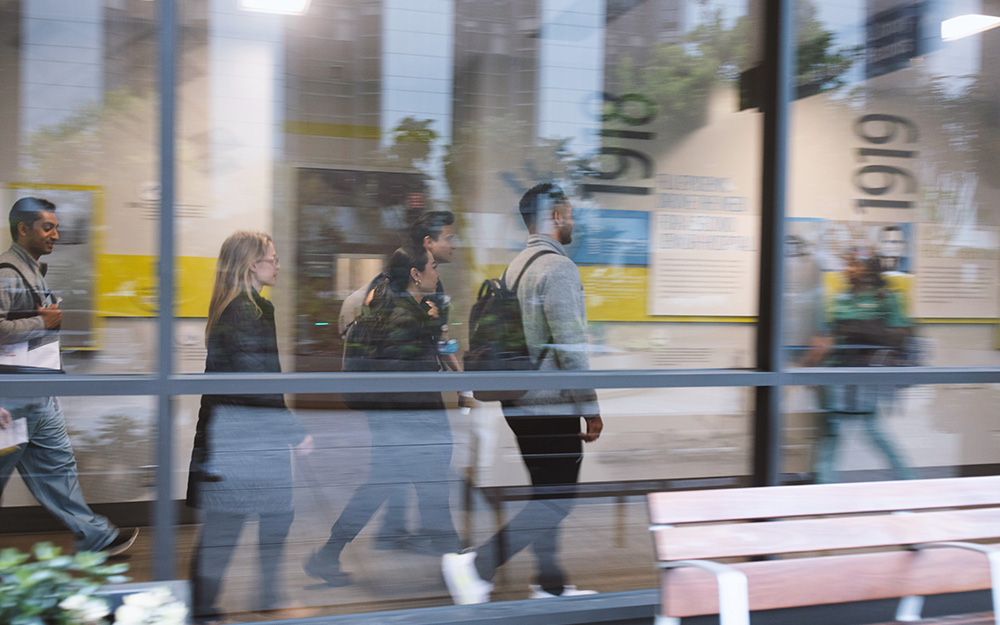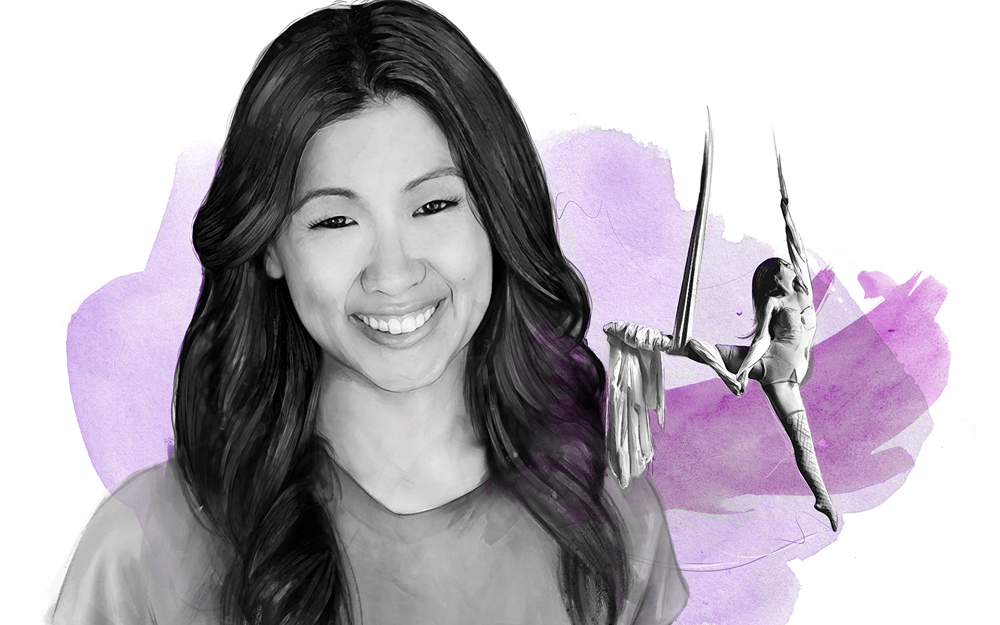All the Lonely People, Where Do They All Belong?
Date
October 12, 2020
Credits

Date
October 12, 2020
Credits
Medical providers featured in this article
In Brief
{{cta-block}}
Exercise classes help older adults build social connections.
Even during a time of physical distancing, hundreds of socially isolated older adults in Los Angeles have discovered an answer that eluded the Beatles’ Eleanor Rigby: group exercise.
They are part of a novel, community-based Cedars-Sinai study called Leveraging Exercise to Age in Place (LEAP) that began offering free health and fitness classes for people over 50 at nine locations across L.A. in July 2018. Since then, more than 450 study participants have created social connections while engaging in evidenced-based classes recommended by the National Council on Aging. They gain access to the program through medical referrals to a LEAP health coach.
In spring 2020, when the COVID-19 pandemic made it unsafe for the LEAP classes to continue in the community, the program has kept participants moving through virtual exercise classes available via computer or television. The LEAP team has also been reaching out to participants through video and phone calls to combat the effects of physical distancing and isolation during the pandemic.
Principal investigator and geriatrician Allison Mays, MD, MAS, says the three-year, AARP-funded study is based on the recognition that loneliness can be a major health problem.
"Lonely older people are less likely to exercise, take their medications, eat well and follow through with doctor visits," Mays says. "Isolated seniors are 50% more likely to die than someone who’s socially connected."
Co-investigator Sonja Rosen, MD, chief of geriatric medicine at Cedars-Sinai, says the LEAP study has attracted national attention as a model for fighting "an epidemic of social isolation and loneliness."
The study also aims to prevent falls and other health issues that can require emergency or hospital care—and to help participants remain independent.
Preliminary findings include positive feedback from a focus group. "Participants tell us they’ve gained a sense of purpose and belonging they didn’t have before," Mays says.





